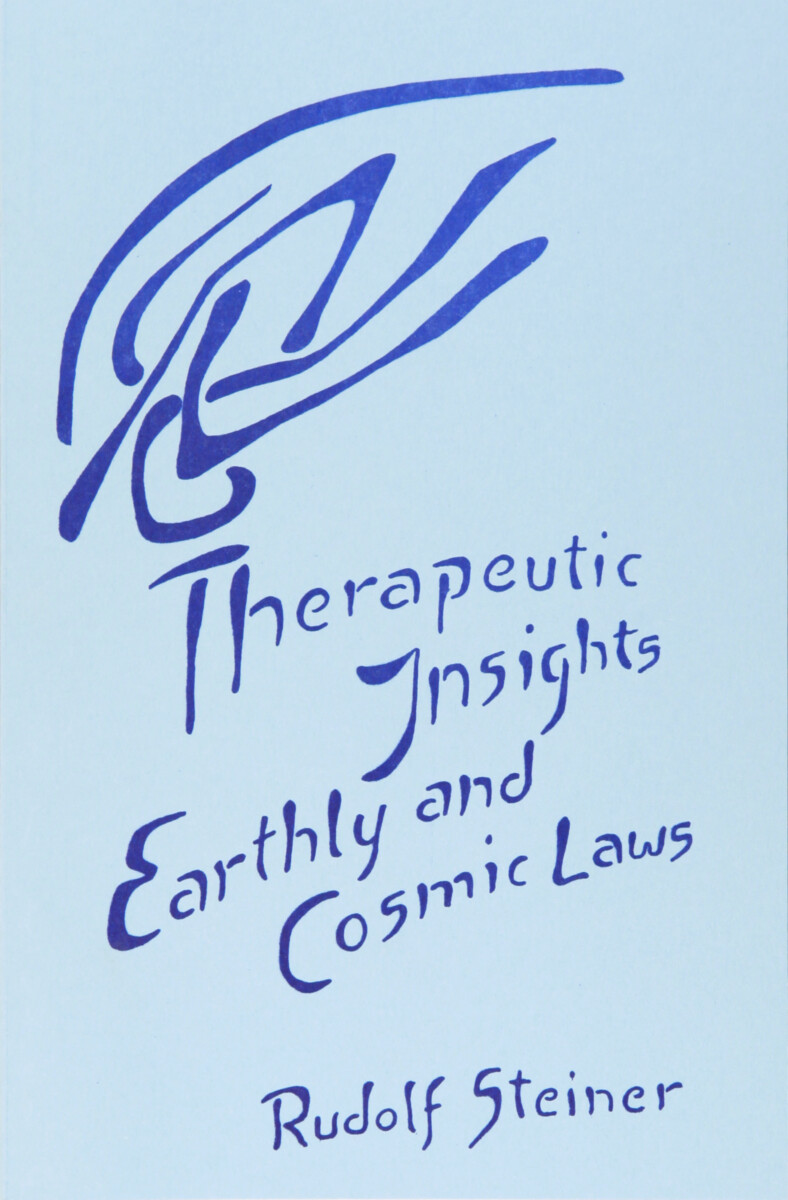Paperback
November 1994
9780936132662
More details
- Publisher
Mercury Press - Published
23rd November 1994 - ISBN 9780936132662
- Language English
$12.95
5 lectures, Dornach, June 24, 26 and July 1–3, 1921 (CW 205)
How do the human organs—heart, lung, kidney, and so on—reveal themselves in a person’s psychological makeup? Knowing this, might a person relate to the world through higher knowledge instead of physically predetermined tendencies?
In these lectures, Rudolf Steiner gives particular attention to the relationship of the inner organs to soul activities and disorders.
This volume is a translation from German of five lectures in Der Mensch in Zusammenhang mit dem Kosmos 5: Menschenwerden, Weltenseele und Weltengeist - Erster Teil: Der Mensch als leiblich-seelische Wesenheit in seinem Verhältnis zur Welt (GA 205).
Rudolf Steiner
Rudolf Steiner (b. Rudolf Joseph Lorenz Steiner, 1861–1925) was born in the small village of Kraljevec, Austro-Hungarian Empire (now in Croatia), where he grew up. As a young man, he lived in Weimar and Berlin, where he became a well-published scientific, literary, and philosophical scholar, known especially for his work with Goethe’s scientific writings. Steiner termed his spiritual philosophy anthroposophy, meaning “wisdom of the human being.” As an exceptionally developed seer, he based his work on direct knowledge and perception of spiritual dimensions. He initiated a modern, universal “spiritual science” that is accessible to anyone willing to exercise clear and unbiased thinking. From his spiritual investigations, Steiner provided suggestions for the renewal of numerous activities, including education (general and for special needs), agriculture, medicine, economics, architecture, science, philosophy, Christianity, and the arts. There are currently thousands of schools, clinics, farms, and initiatives in other fields that involve practical work based on the principles Steiner developed. His many published works feature his research into the spiritual nature of human beings, the evolution of the world and humanity, and methods for personal development. He wrote some thirty books and delivered more than six thousand lectures throughout much of Europe. In 1924, Steiner founded the General Anthroposophical Society, which today has branches around the world.


